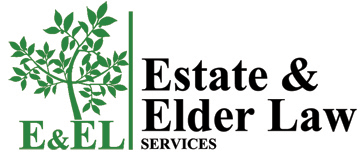When You are Not the Client

If you have finally convinced your parents to come with you to meet an attorney and get their ‘affairs in order’, congratulations! In most cases, an attorney can help anyone establish a plan to prepare for common expenses like long-term health care and to transfer their assets quickly and cheaply when they die. It’s what you want for your parents.
But, as you plan to meet with the attorney and your parents, keep in mind that you are not the client – they are. Why is that important?
There are several reasons:
1. The attorney will probably ask to meet with your parents privately and you should agree. The lawyer must make sure that your parents are competent to hire an attorney and, as the clients, they need to be able to share any concerns in confidence with the lawyer.
2. In a group meeting, when questions are posed, the attorney will expect your parents to answer for themselves. You can remind them of things you discussed, but the meeting is about them and their plans which may, to your surprise, be different from what you expected.
3. Even if you pay the attorney fees, your parents are still the client. You may be asked to sign paperwork where they give you ‘permission’ to pay the fee for them.
This may sound secretive, but it’s not.
Many seniors visit us with their adult children and usually, everyone is on the same page. But, it’s not uncommon for seniors to have private concerns they don’t want to share with their children.
• They may know that one child is in financial trouble but don’t feel the need to tell the others.
• They may know about a pending divorce that is still private.
• They may have a health-care diagnosis they are not ready to tell you or your siblings about.
• They may feel you are exerting undue influence, even though they have not protested to you.
All of these examples and a myriad of others will affect the attorney’s actions and the way the plan is created and structured.
If you care about your parents, let this be about them and not you. If you are a good child, they already know it.
